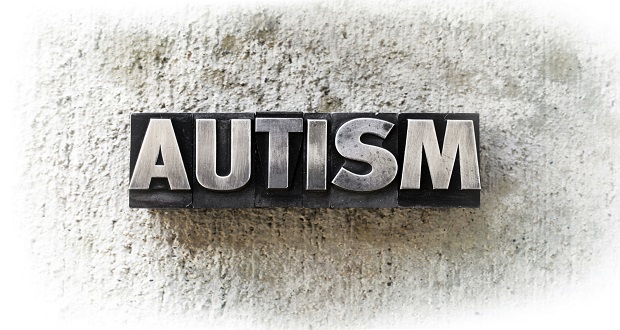
Fifteen year old Juliette Beegle has autism. She flies frequently with her parents. She has been to 24 states and 5 countries and has flown since she was 6 months old. Last week she was returning from Disney World with her parents on a United Airlines flight to Portland. The plane made an emergency landing in Salt Lake City where the police boarded the plane and made the Beegles get off. The reason given by the captain: “He was not comfortable having her on board,” although the captain did not personally speak to the Beegles.
Allegedly Juliette was upset because she wanted a hot meal which was initially refused. Juliette has trouble communicating verbally, so she moves her hands, makes noises and cries when she wants her family to know she’s uncomfortable. She was having problems on the flight because she doesn’t eat cold food, her mother explained in an interview with ABC news. “First, there was only one thing on the menu that was hot, but it arrived cold. Then, the flight attendants refused to give Juliette hot food from first class, but she was hungry,” Dr. Beegle, Juliette’s mother, explained. When Juliette finally got some hot food, she settled down and was actually quietly watching a movie when the police boarded the plane to escort the family off.
Even though other passengers urged the police to leave the Beegles alone and to allow them to continue on the flight, the police had their orders and the family left the plane. Apparently they were rebooked on a Delta flight and traveled to Portland without incident.
Dr. Beegle called the incident “a sheer case of ignorance,” adding: “Prejudice, ignorance and mistreatment are all too common toward people facing poverty. The parallels between special needs and poverty are striking in that both are causes for judgment, misunderstanding and mistreatment.” (Dr. Beegle is a prominent advocate for anti-poverty programs who frequently consults with state and federal government agencies.)
United issued the following statement: “After working to accommodate Dr. Beegle and her daughter during the flight, the crew made the best decision for the safety and comfort of all of our customers and elected to divert to Salt Lake City after the situation became disruptive. We rebooked the customers on a different carrier and the flight continued to Portland.” United went on to explain that they participate in autism awareness and support programs including one that provides simulated flights to help families with autistic members get ready for the “real thing”.
Perhaps United also needs training to help their staff “get ready for the real thing” because now they not only face a law suit, as Dr. Beegle says she intends to sue the airline, but the reputation damage is certainly not insignificant. While I believe that the United staff really believed they were doing the right thing and did not intend to discriminate against Juliette on the basis of her disability, the impact is something very different. I acknowledge that airline personnel sometimes have a very difficult job and need to make decisions in the best interest of all involved.
This situation is another example of why we are such strong proponents of cultural competence education. When you are more culturally competent, you are more likely to consider several alternative resolutions to the problem rather than just the one interpretation (“disruptive behavior” means we make and emergency landing and kick the passenger off). A more culturally competent approach might have been to ask the parents more questions about Juliette and her needs and then try to accommodate them sooner rather than later.


















